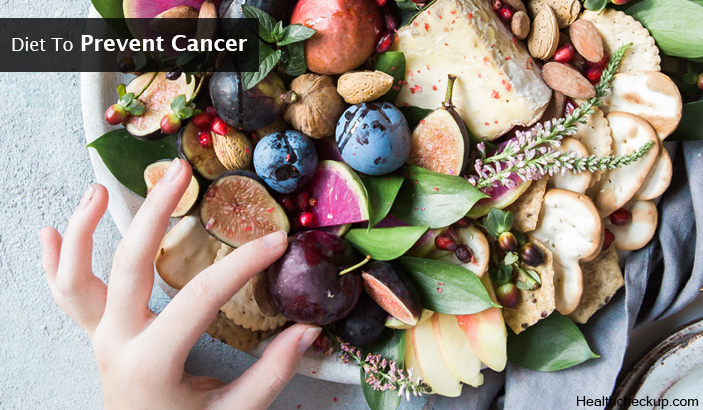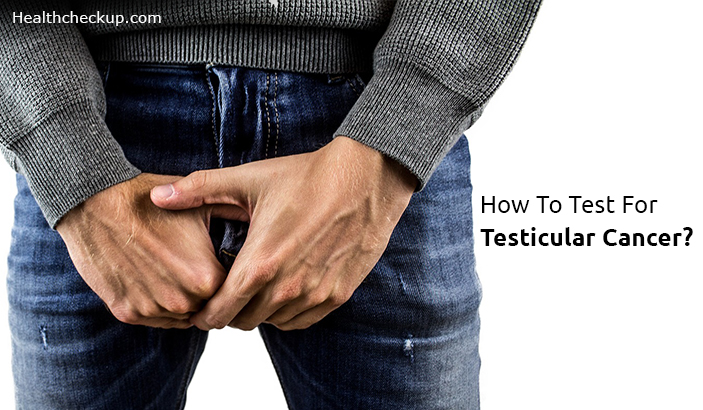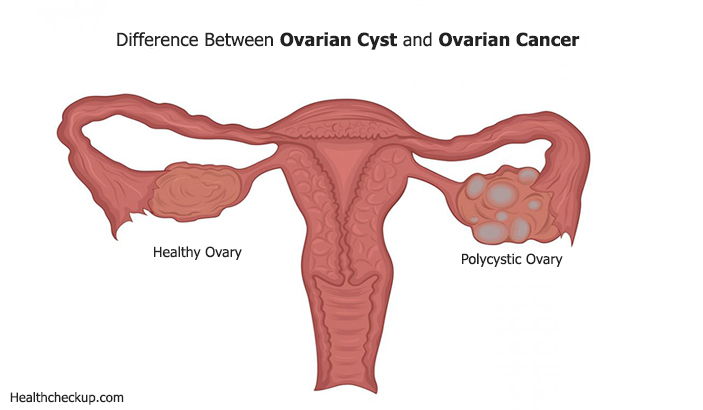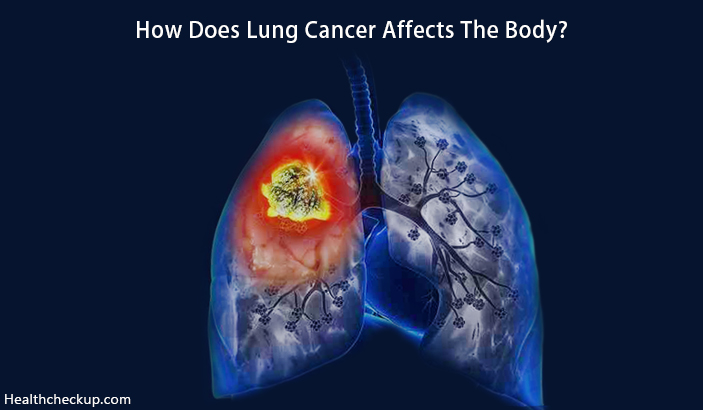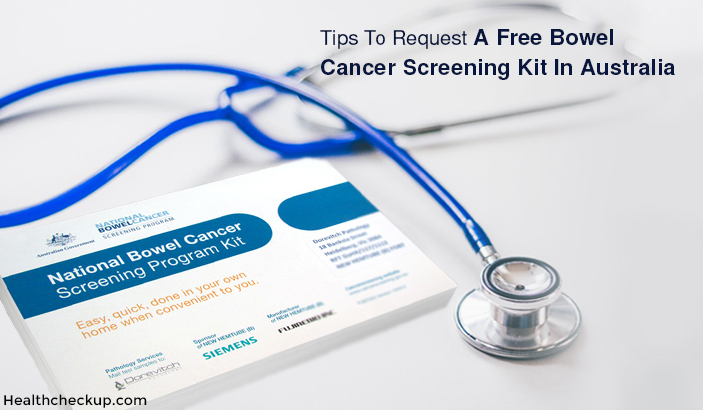Habits which distract a person and make them sedentary can have a huge impact on their health and can lead to development of lifestyle disorders or chronic non-communicable diseases. Lifestyle disorders are those illnesses which arise out of faulty living and dietary choices. Diet plays an equally important part, not just in development of cancer, but also in other illnesses which may or may not come under the description of lifestyle disorders.
According to the World Health Organization (WHO) Statistics of 2018
- Cancer has been the second common cause for deaths globally.
- Cancer accounted for 9.6 million deaths in 2018 worldwide.
- Nearly 70% deaths due to cancer occurred in under-developed and developing nations.
- About one-third deaths from cancer were due to lifestyle and behavioural factors like high body mass index, use of alcohol and tobacco and low fruit and vegetable intake.
People are increasingly educating themselves and becoming aware of the impact such lifestyle changes have on our body. This is the reason, more and more people are now attempting to adopt a healthier lifestyle and diet.
What is Cancer?
Cancer is a general term which is used to describe an abnormal overgrowth of cells. Cancer cells replace normal cells of the body. The word cancer represents a large group of disorders which can affect any part of the body.
Major Risk Factors for Cancer
1. Physical Carcinogens – Regular exposure to ultraviolet (UV) and ionizing radiations
2. Chemical Carcinogens – Constant exposure to lead, asbestos, arsenic (a contaminant found in drinking water), aflatoxin (a contaminant found in food)
3. Biological Carcinogens – Due to acute or chronic infection from viruses, parasites and bacteria.
4. Use of tobacco and alcohol (tobacco use is related to about 22% deaths due to cancer worldwide)
5. Ageing
6. Physical inactivity
7. High body mass index
8. Unhealthy diet and irregular meals 9. Regular/ constant exposure to air pollution
10. Sexually transmitted Human Papilloma Virus (HPV) infection The World Health Organization (WHO) states that at least 30-50% of cancers can be prevented by avoiding the above mentioned risk factors.
What Kind of Diet Helps Prevent Cancer?
Understanding causative factors give an idea about these factors can be avoided in our day-to-day life making it possible to prevent and fight cancer by bringing in and avoiding certain foods from our daily diet. Suitable physical activity along with a well-balanced diet is important for both prevention of cancer and for people diagnosed with cancer.
- Plant Based Foods – Plants have fewer fats and are rich in fiber and anti-oxidants which fight against cancer. Having a plant based diet to prevent cancer includes
- Fresh vegetables
- Fresh fruits
- Whole grains
- Nuts and beans
- Meat Based Foods – These should not take up more than one-third of your diet. Cutting out on meat will automatically reduce consumption of unhealthy and unnecessary fats from the diet. Meat based food should
- Be minimal in the diet.
- Avoid red meat as it is high in saturated fats
- Choose lean meat such as fish or chicken.
- Avoid processed or smoked meats
- Fats in Diet – Some fats do help in fighting cancer. So it is important to choose the fats wisely and include or eliminate from diet.
- Avoid Saturated Fats – Found in red meat, eggs and whole fat dairy products.
- Avoid Trans Fats – Found in vegetable oils.
- Include fats that reduce the risk of cancer like canola oil, olive oil, nuts and omega-3 fatty oils rich foods.
- Fiber Rich Diet – Fiber helps in cleaning and maintaining your gut health. It helps to move food through your gastrointestinal tract. It also moves cancer causing compounds before they can cause harm.
- Whole Grains – Oats, whole-grain pasta, barley, brown rice.
- Fruits – Apples, bananas, strawberries, pears, mangoes, citrus fruits, apricots and dried fruits.
- Legumes – Lentils, black beans, kidney beans, chickpeas and black eyed peas.
- Vegetables – Dark green leafy vegetables, spinach, broccoli, peas, corns, carrots, sprouts and potatoes.
- Cancer Fighting Foods – These foods support your immune system.
- Anti Oxidants – Fresh fruits and vegetables are the best sources for anti-oxidants.
- Cancer Fighting Spices – Garlic, ginger, turmeric, basil, rosemary and coriander. These not only spice up the food but also fight against cancer cells.
- Eat Your Rainbow – Differently colored foods contain phyto-chemicals and anti-oxidants which boost the immune system.
- Preparing Your Food – Preparing and storing food is as important as choosing the food you want to eat.
- Steaming foods prior to cooking preserves some vitamins.
- Use the stock of boiled vegetables to cook or prepare the soup. This prevents wastage of nutrients.
- Wash all fruits and vegetables before using. This reduces the amount of pesticides present.
- Do not cook on high heat.
- Avoid cooking foods which look or smell unusual. Aflatoxin is a carcinogen in the form of food contaminant.
- Avoid plastic wraps on foods while heating them in a microwave.
The American Institute for Cancer Research (AICR) Recommends
- At least 5 servings of a variety of non-starchy fruits and vegetables daily. Example: 1 cup cooked or raw vegetables and 1 medium apple
- Eat whole grains or legumes with each meal daily.
Some Dietary Tips to Prevent Cancer
- Drink plenty of water, not only to hydrate but also to flush out toxins and transport nutrients.
- Eating whole fruits are better than choosing canned fruit juices.
- The foods that we consume need to be less processed, which means they should be less cooked, peeled, smoked or treated so that their nutrient value is not reduced significantly. Smoked eat is a leading cause for stomach cancer in the developed nations.
- Purchase organic or local market fruits and vegetables rather than commercially grown produce.
- Use brown rice instead of white rice.
- Use whole grain bread over white bread.
- Reduce consumption of foods having trans fats and saturated fats. Read the ingredient list on food packs before purchasing.
- Use plenty of nuts and seeds in foods as a mid-tie snack or as dressings.
- Limit fast foods and packages foods.
- Limit the consumption of sugary and refined foods since they are low in fiber and nutrients.
A cancer prevention diet should ideally be low in fat, high in fiber and having generous amount of fruits and vegetables, whole grains and beans. German researchers have found that vegetarians have twice the more capability of fighting infections and cancer as compared to non-vegetarians. It also includes minimizing or omitting alcohol and tobacco. Researchers have identified a vegetarian diet as the best kind of diet to prevent occurrence and recurrence of cancer. This is because vegetarians have higher blood levels of vitamin-C, beta carotenes and fiber.
Dr. Himanshi is a Homoeopathic consultant and currently working as a lecturer in Post-graduate faculty of Homeopathy, Parul University, Vadodara. Completed BHMS and MD in Homeopathy in January 2018 and also has a clinical experience of about 6 years. Personal interests include reading, spending time with family and traveling.


